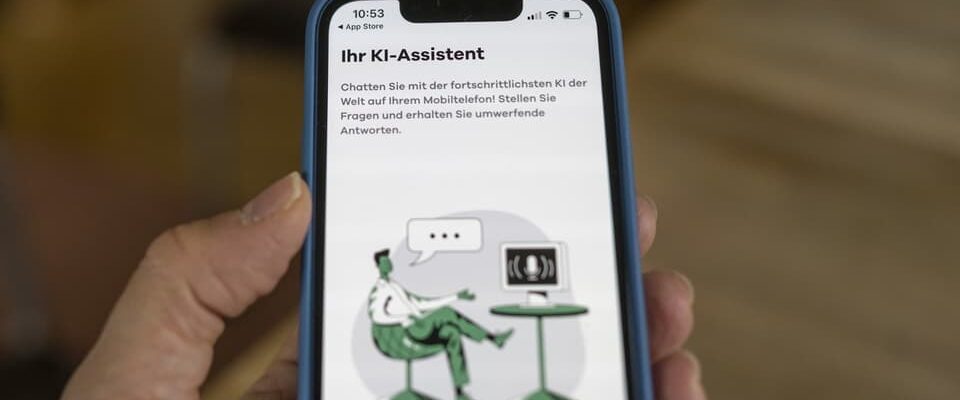Contents
AI chips for cell phones: This makes deepfakes easier – chief developer Susie Armstrong is also aware of this.
It is already possible to change a photo on your cell phone using artificial intelligence. For example, to turn the beach into a glacier landscape in a vacation photo. Anyone who currently uses artificial intelligence on their cell phones sends their data to a large data center every time. This provides the necessary computing power needed for the AI application.
The US company Qualcomm now wants to change that. It is one of the leading suppliers of cell phone chips. Susie Armstrong, chief engineer at Qualcomm, developed the first cell phone chip with Internet access in 1997. Today she helps establish the latest smartphone chips for artificial intelligence.
“Thanks to the new chips, artificial intelligence can run directly on the cell phone,” she says. It is then no longer necessary to send sensitive data to a server. The AI is now available out of your pocket, so to speak. This has advantages: For example, photos can be processed directly on the cell phone with AI.
Artificial intelligence is likely to become established on cell phones even faster. But this is also potentially associated with problems. Because AI can be used to create images and videos of people that look real but are not real. These are so-called deepfakes.
Distinguishing between real and false facts becomes difficult
Susie Armstrong fears an erosion of facts, deepfakes are becoming more and more common and it is becoming easier to lie, all thanks to artificial intelligence. Nevertheless, Qualcomm expects the new AI chips to generate more revenue in the cell phone market. This raises the question of whether Qualcomm itself is doing something about deepfakes, i.e. whether the company is equipping the chips in its cell phones to detect whether something was made with artificial intelligence.
Legend:
Artificial intelligence can already be used on mobile phones. However, data is sent to a server.
Keystone / Christian Beutler
Armstrong says: Qualcomm plans to build such security measures into its chips, but not in the next two years. Maybe in five years we’ll be ready. Depending on how strongly consumers want this, it also makes economic sense.
Either way, Qualcomm is likely to benefit from the AI boom; depending on estimates, the tech company could have an 80 percent market share of cell phone chips that enable AI within two years.
